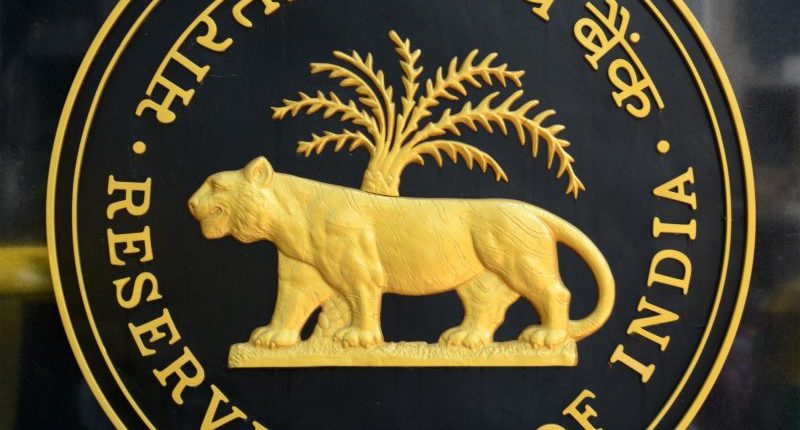Digital payments companies may be compelled to accelerate their revenue streams since expectations related to RBI and government compliance might increase operating and compliance-related expenses.
Recently, RBI announced new rules concerning digital payment security. Banks and fintech companies will need to adhere to RBI’s list of compliance requirements in the following six months. For adhering to the changes in the compliance needs, Fintechs might witness an increase in operating costs almost two-fold, even threefold, in a few cases.
In the past, domestic and international payments firms incurred high costs to comply with know-your-customer (KYC) guidelines and data localisation norms, which resulted in a new payment instrument called the Unified Payments Interface (UPI).
Industry experts believe that there will be innovation around the cybersecurity sector with the increase in compliance costs. There will be more avenues for tech-oriented intervention to prevent frauds and bring down costs. Payments have not generated revenue; nevertheless, piling up of compliance-related costs have been pressing companies to cross-sell vigorously and capitalise on current customers. Revenue timelines need to be trimmed, and international firms will aim at making profits for the long-term investments they have made.
As RBI has been rigid regarding security norms, banks partnering with FinTechs will now come under the central bank’s purview.
For any clarifications/feedback on the topic, please contact the writer at bhavana.pn@cleartax.in
Bhavana is a Senior Content Writer handling the GST vertical. She is committed, professional, and has a flair for writing. When away from work, she enjoys watching movies and playing with her son. One thing she can’t resist is SHOPPING! Her favourite quote is: “Luck is what happens when preparation meets opportunity”.





